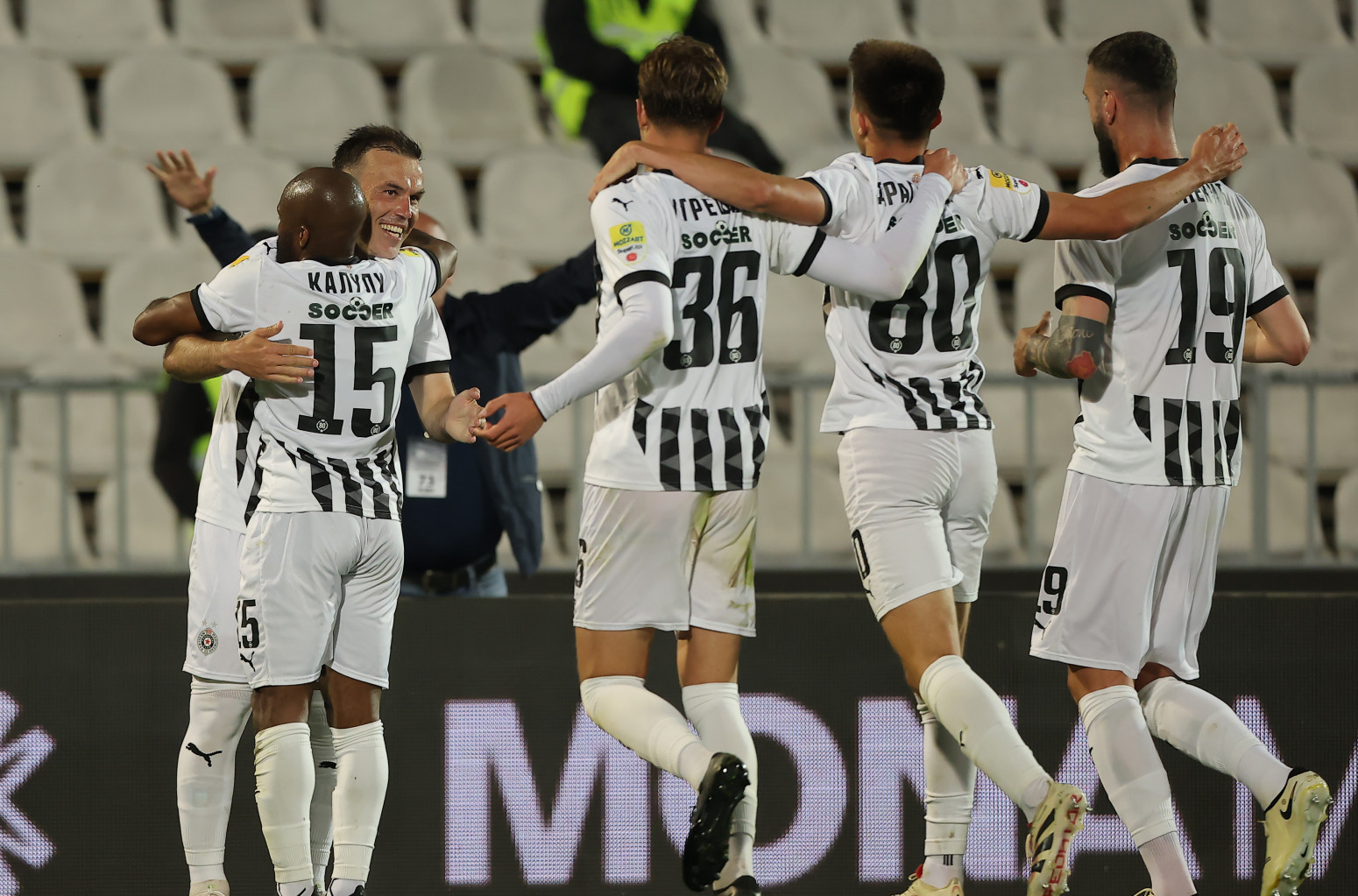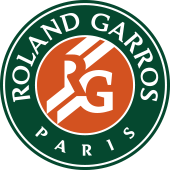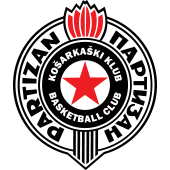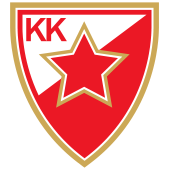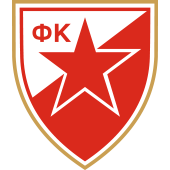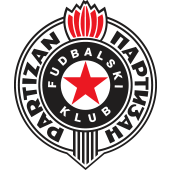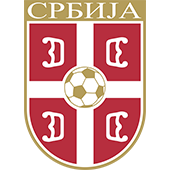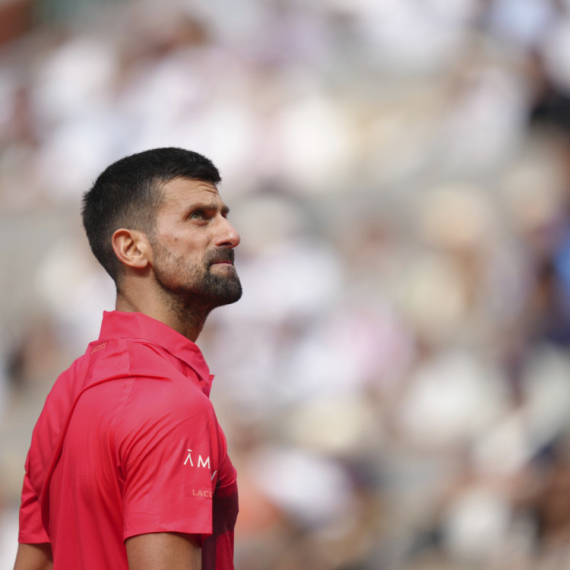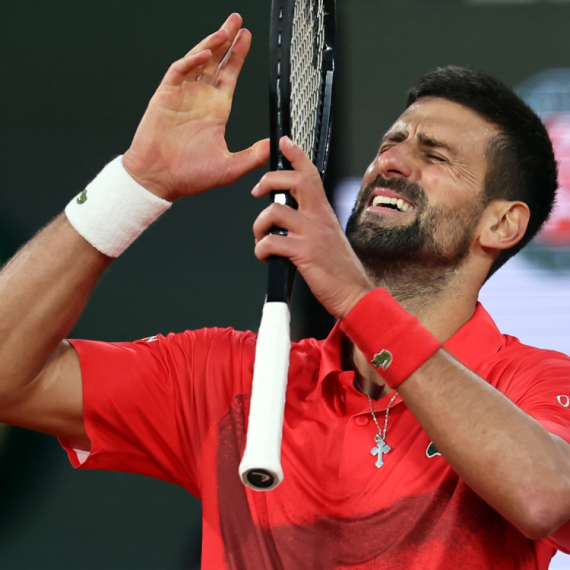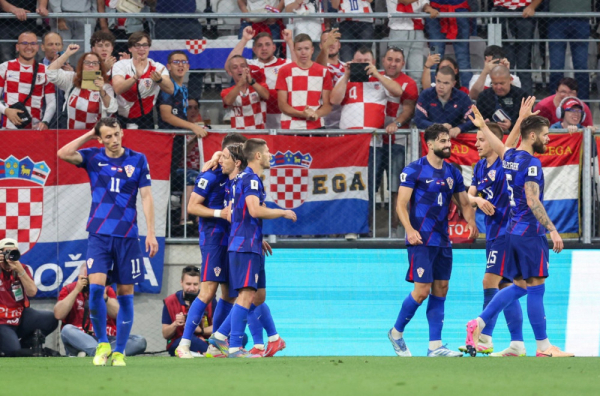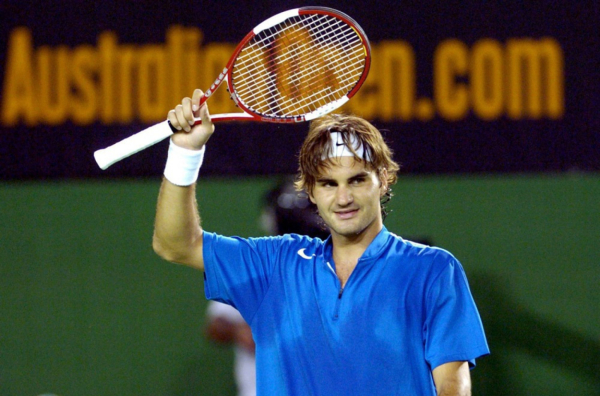FK Partizan has learned its potential opponents in the Europa League qualifiers. The club will be seeded in the first round and has a chance to advance to the group stage of the competition. Potential opponents include teams such as AEK Larnaca, Haken, Paks, Levski, Sabah, and Ilves. If Partizan passes the first round, it may face stronger teams like Cluj, Hapoel Beer Sheva, Besiktas, Celje, Utrecht, Banik Ostrava, Spartak Trnava, or Hibernian. UEFA will not allow Partizan to play against teams from Kosovo due to the political situation. If the club loses in the first round, it will continue in the Conference League qualifiers. The draw for the qualifiers will be held soon. This European journey is of great importance for the club and its fans.
Political Perspectives:
Left: Left-leaning outlets emphasize the importance of FK Partizan’s participation in European competitions as a symbol of national pride and sporting achievement. They highlight the challenges posed by political issues, such as UEFA’s restrictions related to Kosovo teams, and often stress the need for sports to transcend political conflicts. The narrative is supportive of the club’s efforts and focuses on the unity and cultural significance of football.
Center: Centrist sources provide a straightforward report on FK Partizan’s potential opponents and the structure of the Europa League qualifiers. They focus on the sporting aspects, such as the club’s seeding, possible matchups, and the significance of advancing in European competitions. Political issues like the Kosovo situation are mentioned factually without much editorializing. The tone is neutral and informative.
Right: Right-leaning media may emphasize FK Partizan’s competitive edge and the importance of asserting Serbian presence in European football. They might highlight the political dimension more strongly, framing UEFA’s restrictions on matches against Kosovo teams as a political issue affecting Serbian clubs. The narrative may include a sense of defending national interests and pride through sports, portraying the club’s European journey as a matter of national significance.






